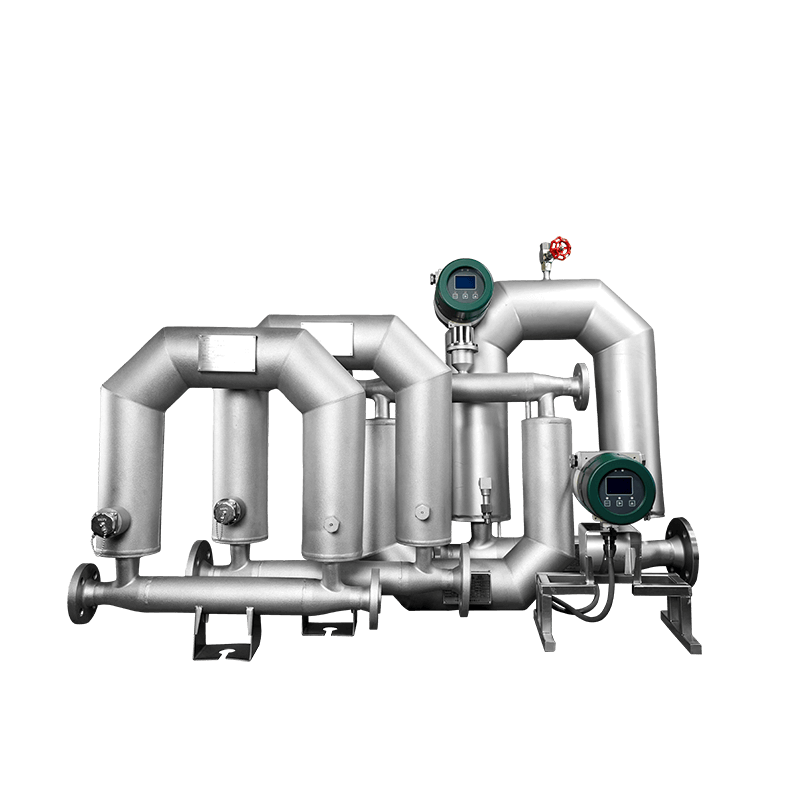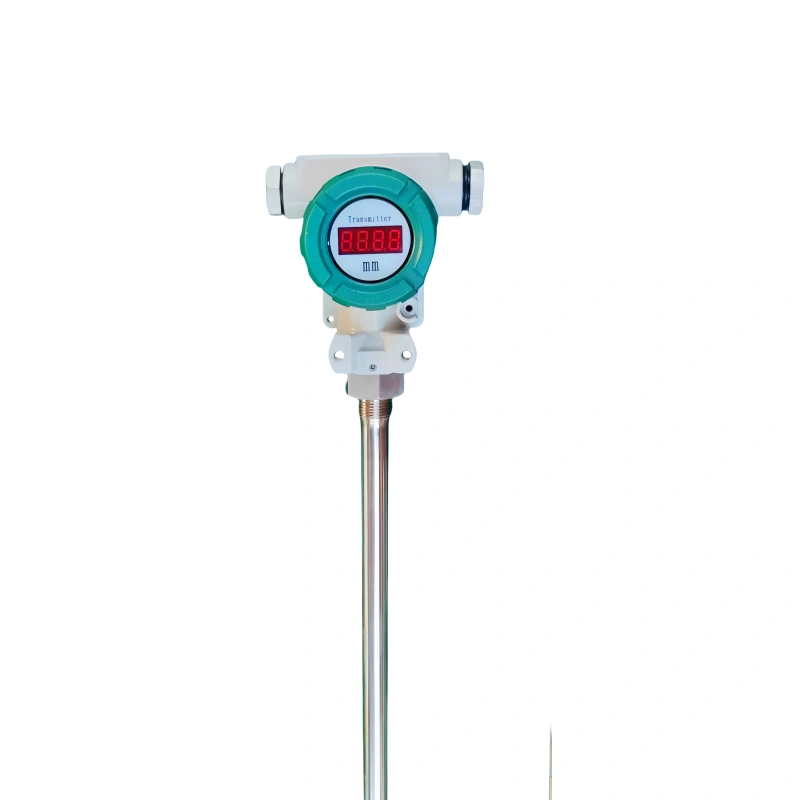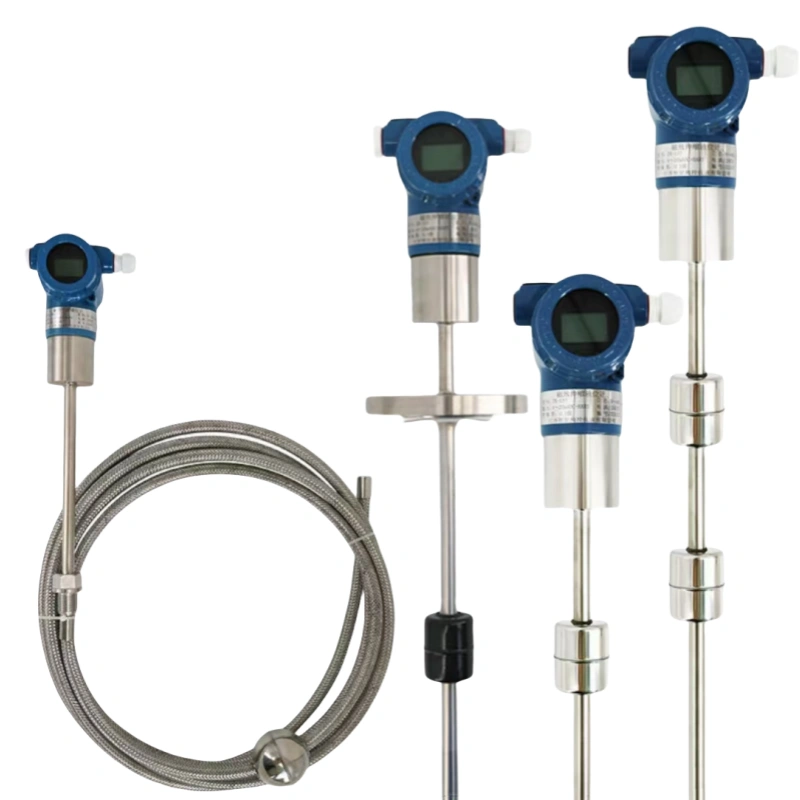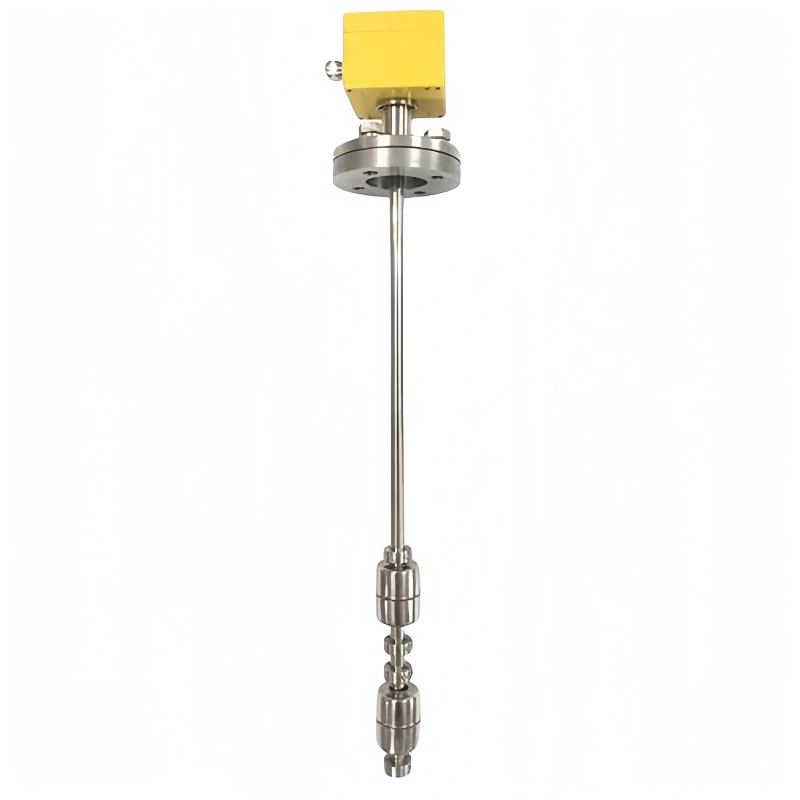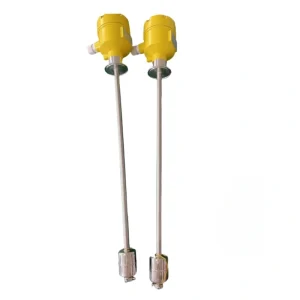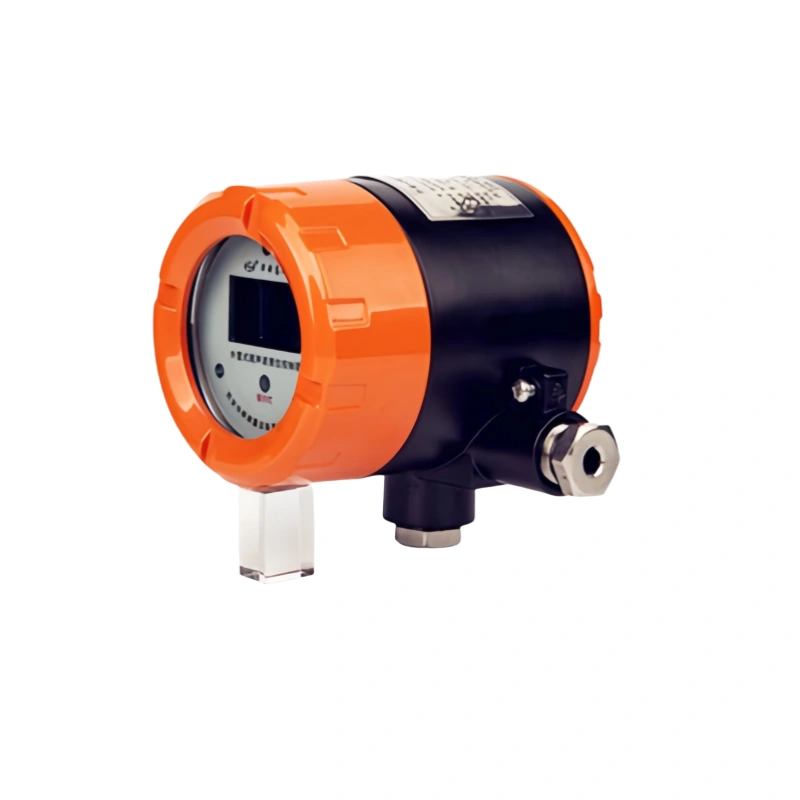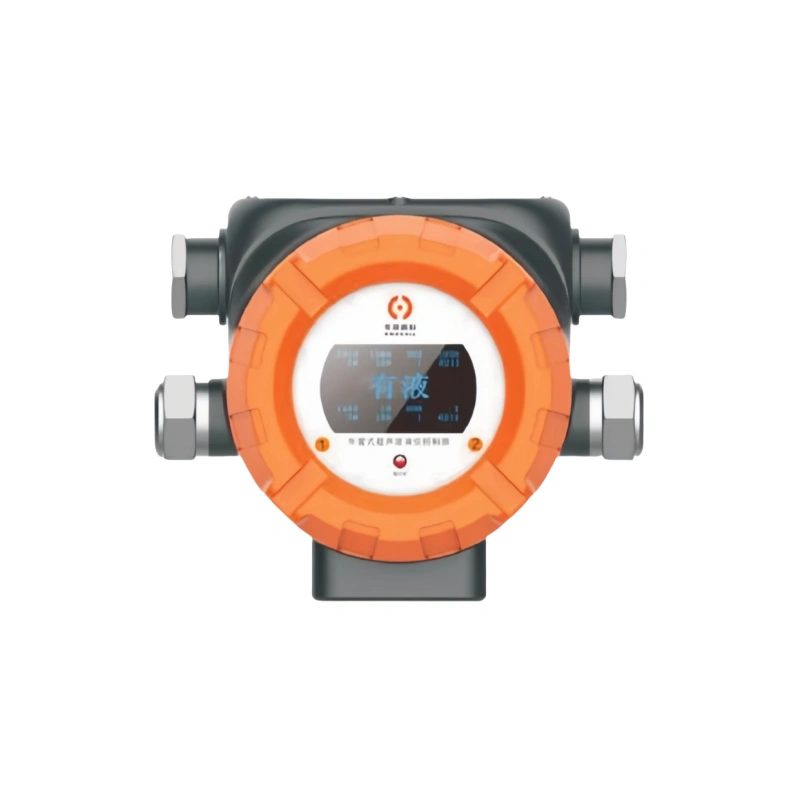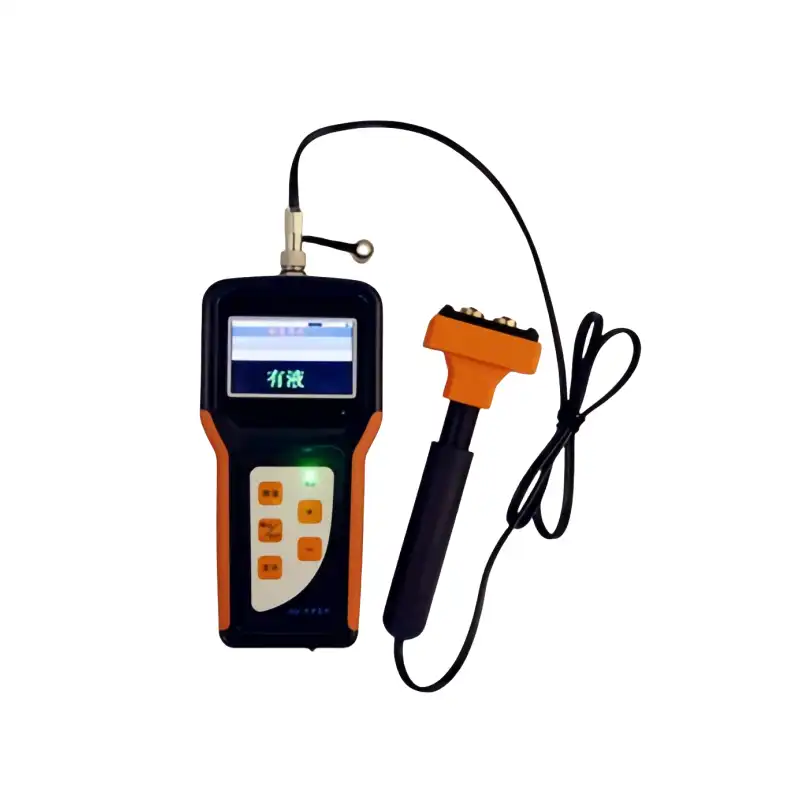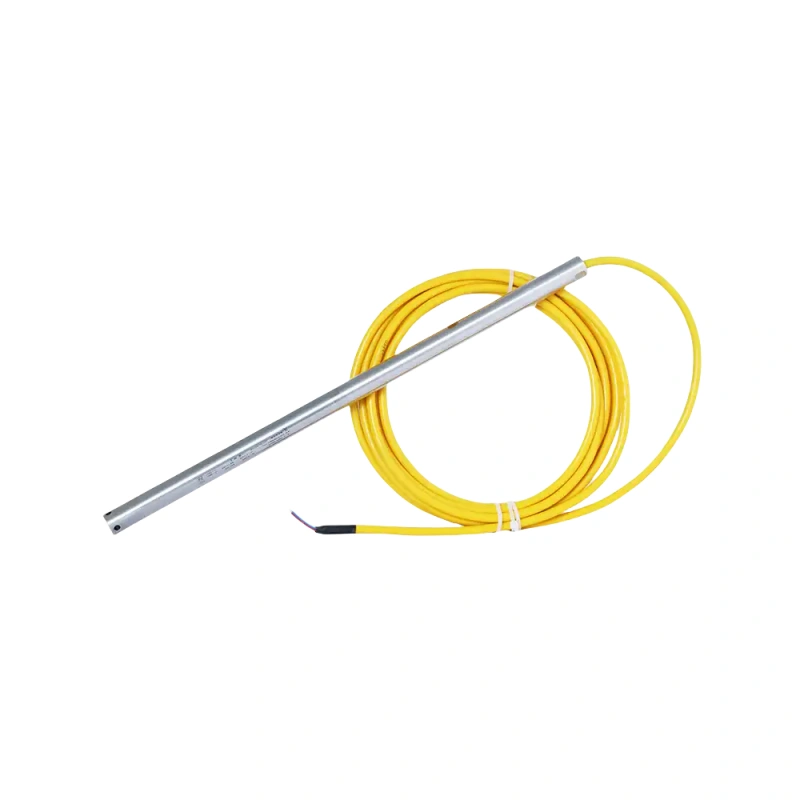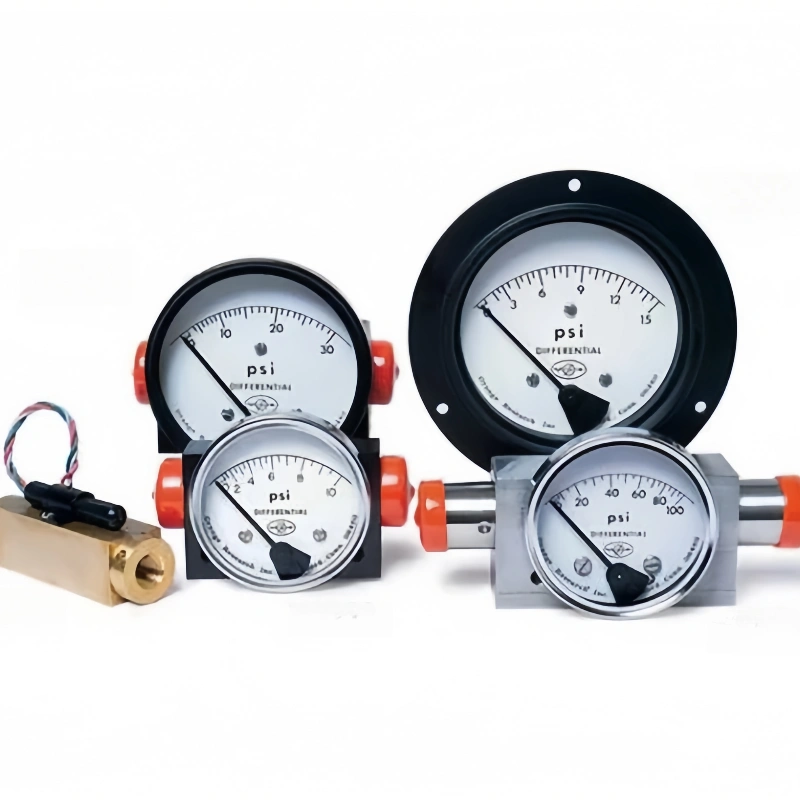Coriolis Flow Meter Working Principle
Coriolis flow meter (Coriolis Mass Flow Meter) is a flow measurement device widely used in industrial fields. It is based on the Coriolis force principle and can directly measure the mass flow rate of a fluid without relying on assumptions or extrapolations.
Coriolis flow meter utilizes the principle of Coriolis force. The Coriolis force is an inertial force that acts on a fluid as it flows through a curved pipe.
Coriolis mass flow meters introduce vibration or oscillation elements into the pipeline to cause the fluid to vibrate when it flows through it, thereby sensing the effect of the Coriolis force. It usually consists of a pair of curved pipes with sensors or oscillating elements installed inside to measure the vibration and phase difference of the fluid.
When the fluid passes through the Coriolis mass flowmeter, the vibration of the fluid will cause the pipe to bend and cause a phase difference in the fluid in the curved pipe.
Coriolis mass flow meters determine the mass flow rate of a fluid by measuring the phase difference produced on a vibrating element or sensor. This is because there is a certain relationship between the mass of the fluid and the vibration frequency, vibration amplitude and phase difference. Therefore, the value of the mass flow rate can be calculated through these parameters.
How accurate is the Coriolis mass flow meter?
Coriolis mass flow meters provide high accuracy and stable performance. Within a wide flow range, its measurement accuracy can reach 0.1% ~ 0.2%, and will not be affected by factors such as temperature and pressure.
What is the difference between a Coriolis meter and a mag meter?
There are major differences between electromagnetic flowmeters and Coriolis mass flowmeters in terms of measurement range, measurement principle, and applicable fluids.
Coriolis mass flowmeter is suitable for measuring the mass flow of gases, liquids and multi-phase fluids. It can directly measure the density and temperature of the fluid with high accuracy.
The electromagnetic flowmeter is suitable for measuring the volume flow of liquids and conductive liquids. It can be suitable for measuring high temperature, high pressure and corrosive liquids, and usually has high accuracy. However, electromagnetic flowmeters cannot measure non-conductive liquids and are sensitive to magnetic field interference and changes in liquid media.

